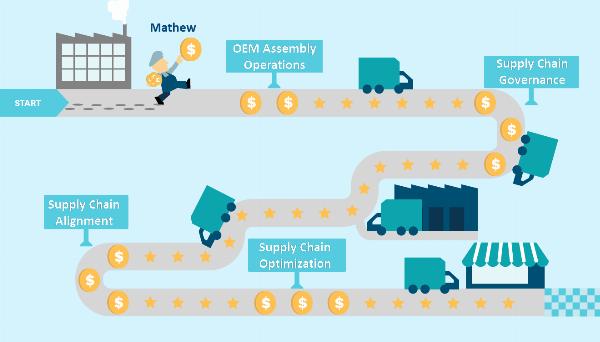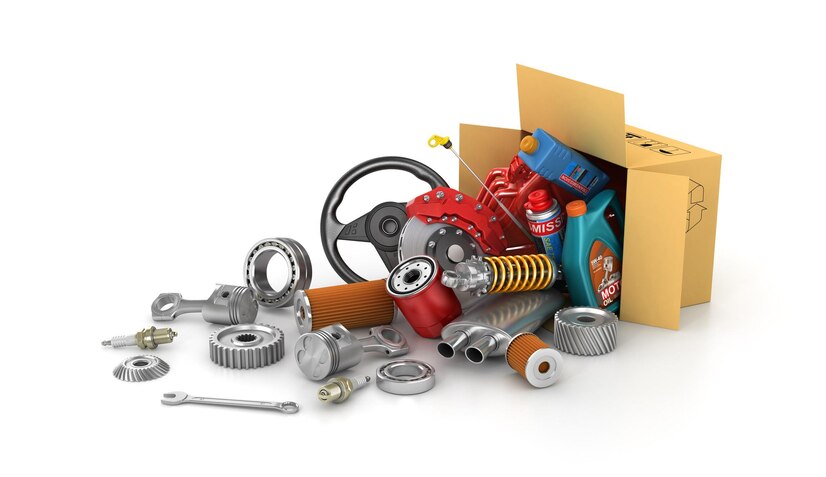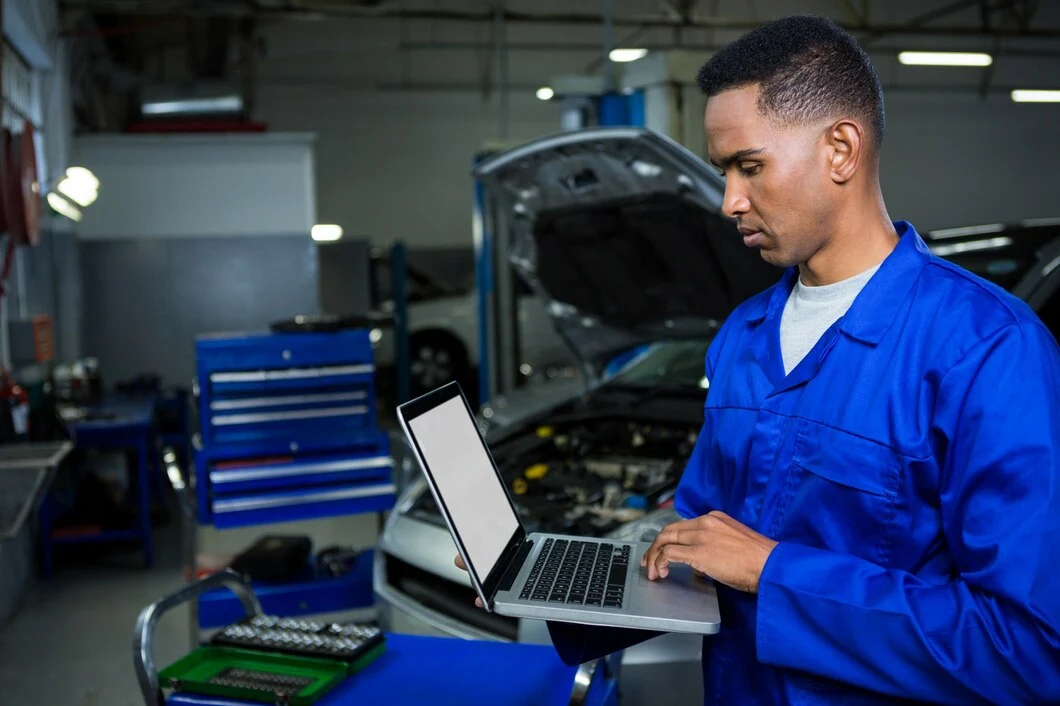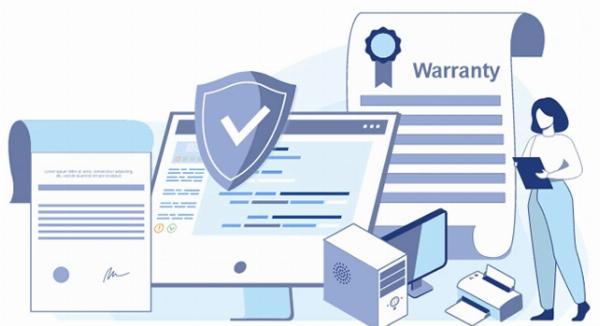The Evolving Landscape of Automotive Supply Chains

Strong 8k brings an ultra-HD IPTV experience to your living room and your pocket.
The automotive industry is on the verge of a major transformation, and the future of the automotive supply chain is poised for change. Evolving technology, changing consumer demands, and growing sustainability concerns drive these changes forward. Essentially, understanding these key factors will drive how the automotive supply chain is going to be affected within the forthcoming years. Here's a closer look at what to expect and how strategies for automotive supply chain management will have to change.
1. The Rise of Electric Vehicles (EVs)
Of all the changes facing the automotive industry, the switch to electric vehicles is perhaps the most fundamental. The effect of this shift on the automotive supply chain is significant:
Component Reconfigurations: Electric vehicles have different main component compositions, with the introduction of a battery and electric drivetrain instead of the combustion engine. The adaptation to the new components means that there is an update in procurement and logistics strategies for accommodating new suppliers and new materials.
Supply Chains of the Batteries: Manufacturing lithium-ion batteries is a highly complex supply chain that starts with the sourcing of raw materials, processing, and assembly. Good supply chain management helps to ensure the continuous supply of the products making up batteries; therefore, highlighting the need for sophisticated strategies within the automotive supply chain management.
2. Technological Advancement
Technology is transforming every link in the automotive supply chain by introducing new devices and new ways of increasing efficiency and visibility to drive greater accuracy and responsiveness.
Internet of Things/IoT and Smart Sensors: It pumps in real-time data on inventories, the condition of components, and the location of vehicles. Such information allows for more informed decision-making, optimization of inventory management, and improved visibility of the supply chain.
AI and Predictive Analytics: AI or machine learning is being applied for demand forecasting, logistics optimization, and the prediction of probable disruptions. These technologies make supply chains more agile and responsive, thus helping companies cope with changes and uncertainties.
Blockchain for Transparency: Blockchain technology offers a decentralized ledger that enhances transparency and traceability within the supply chain, especially regarding the origin of materials and the observance of regulatory standards.
3. Sustainability and Environmental Impact
The ever-increasing awareness about sustainability is driving supply chain strategies in the automotive industry:
Green Manufacturing Initiatives: There is a greater focus nowadays on making the manufacturing process less harmful to the environment. Cleaner modes of production, renewable sources of energy, and better efficiency in the use of energy are being used.
Circular Economy Approaches: The tendencies related to the adoption of circular economy principles-for example, recycling, and reusing materials are increasing. That is one of how waste is reduced, and the lifecycle of components is prolonged, hence contributing to better sustainability in managing supply chains.
4. Global Risk Management
The global nature of the automotive supply chains brings a wide range of risks, from geopolitical tensions to disruptions in trade. This is done through diversification in the supply base and nearshoring options that set a reduced reliance on single sources, reinforcing overall supply chain resiliency.
Risk Management and Contingency Planning: The right development of appropriate risk management and contingency planning, it helps to work out such disruption. The creation of agile supply chain networks may help ensure continuity and stability in case of such unexpected disruptions.
5. Shifting Consumer Expectations
The expectations of consumers are changing. What people want from personalized goods to highly qualitative goods has brought a change in how supply chains make their strategies:
Balancing Inventory Models: The traditional just-in-time supply chain model is being reassessed in favor of more flexible just-in-case approaches that incorporate buffer stock to handle unexpected demand fluctuations.
Customization and Localized Production: Greater leverage of data to understand consumer preference is driving localized production and customized delivery options. These strategies enhance the customer experience while meeting the evolution in market demands.
Conclusion
The automotive supply chain is a fast-changing market of innovation. How electric vehicle growth is handled, advanced technologies are deployed, environmental concerns are met, and global risks will need to evolve in traditional automotive supply chain management to meet these challenges. With such change comes forward-thinking strategies that will position companies for supply chain resiliency, efficiency, and adaptiveness right for success in a transformed landscape.
Note: IndiBlogHub features both user-submitted and editorial content. We do not verify third-party contributions. Read our Disclaimer and Privacy Policyfor details.







